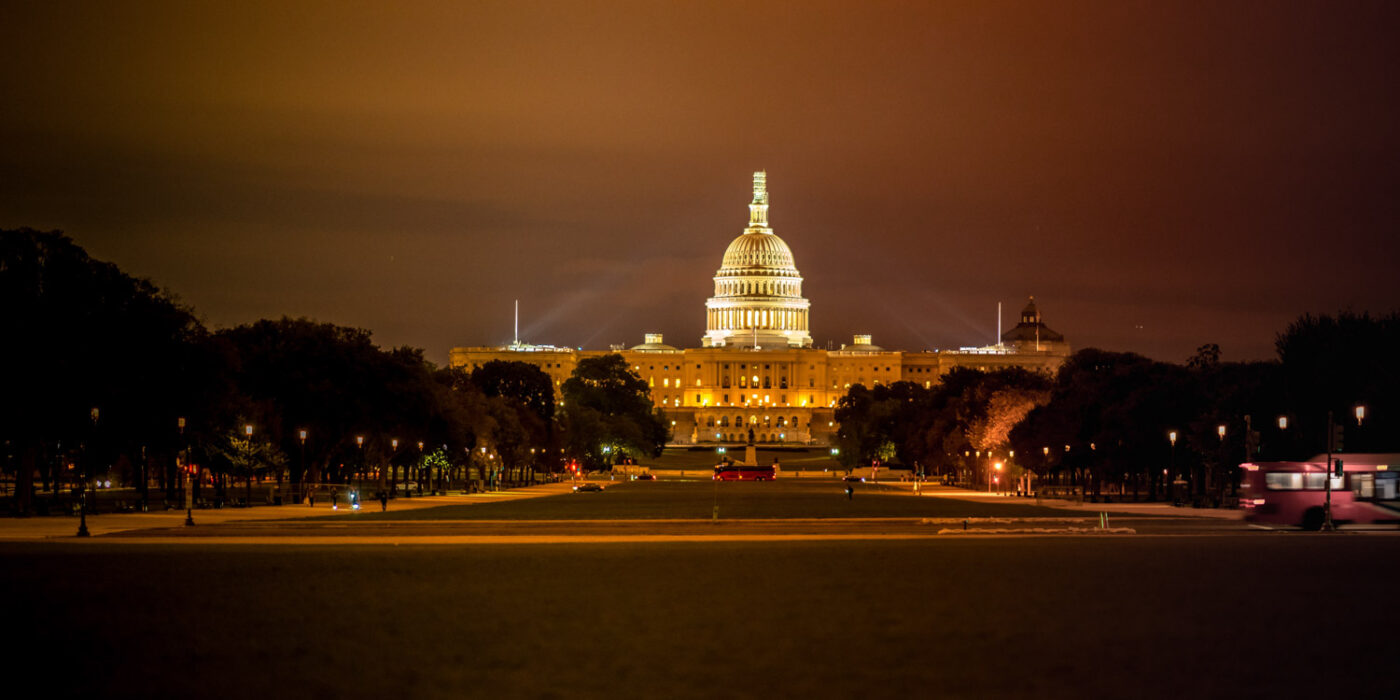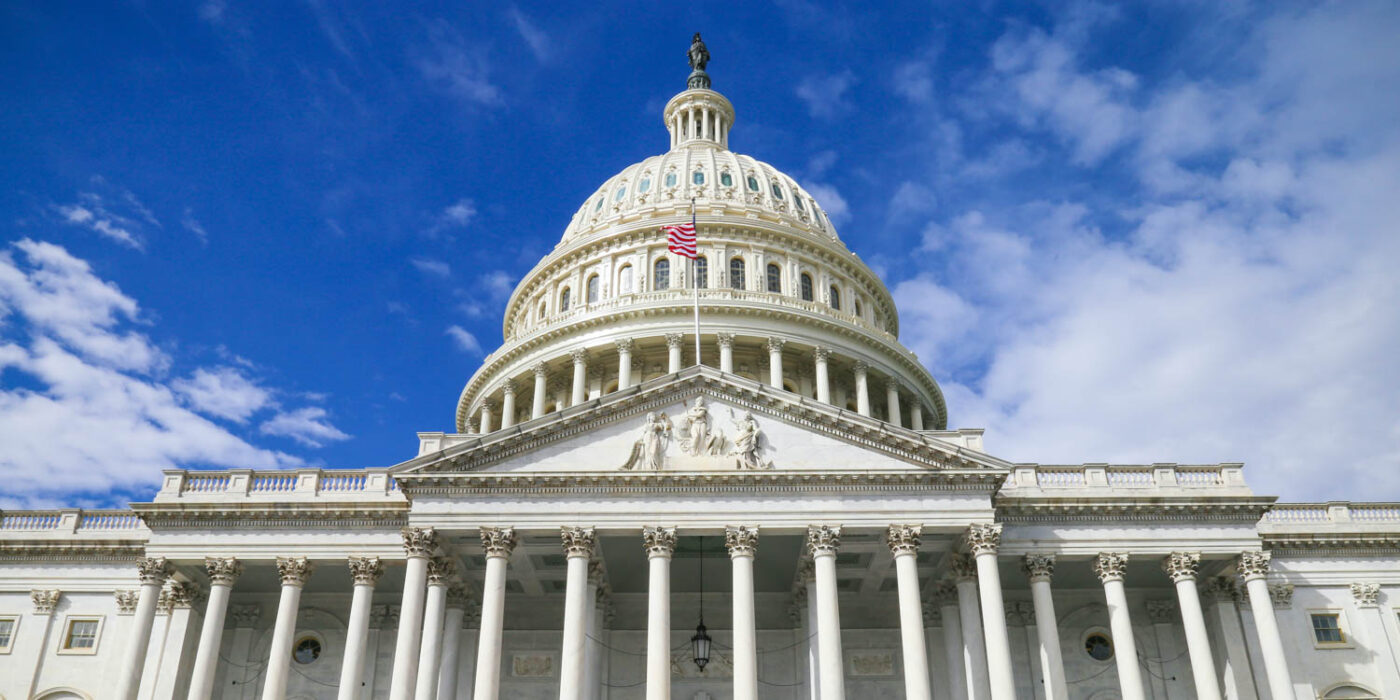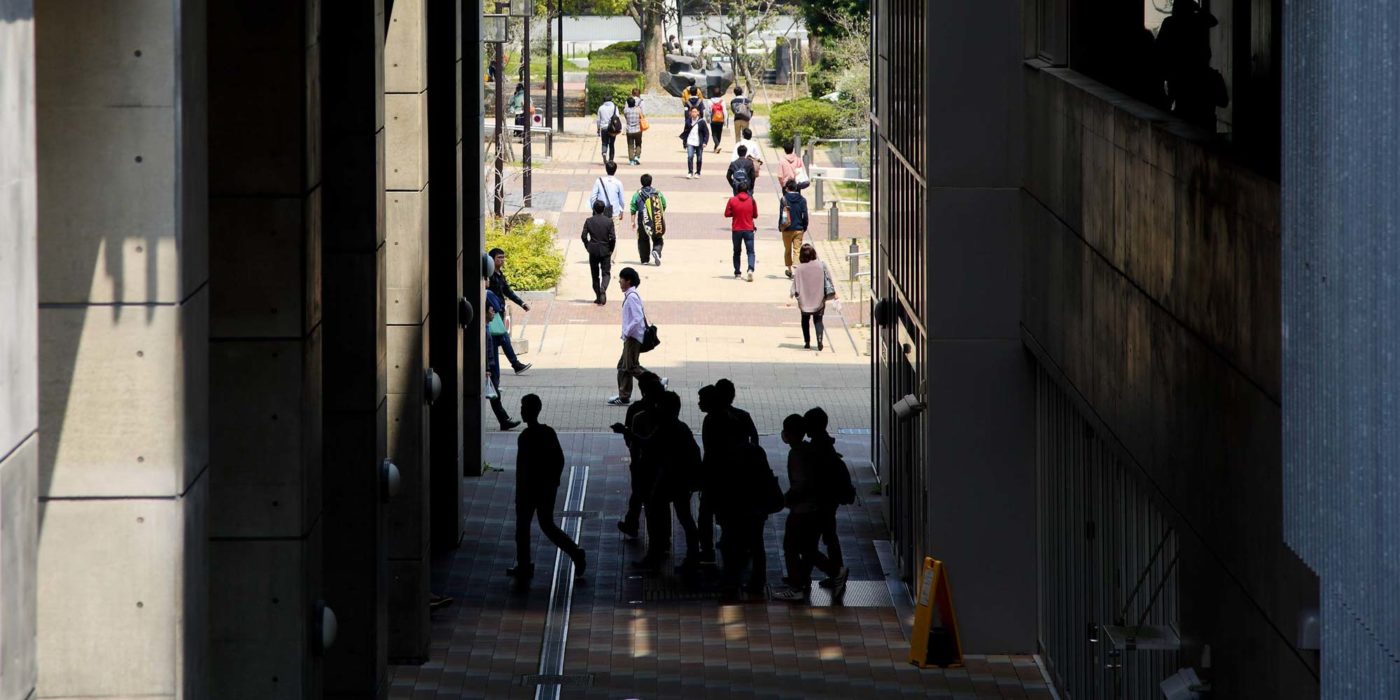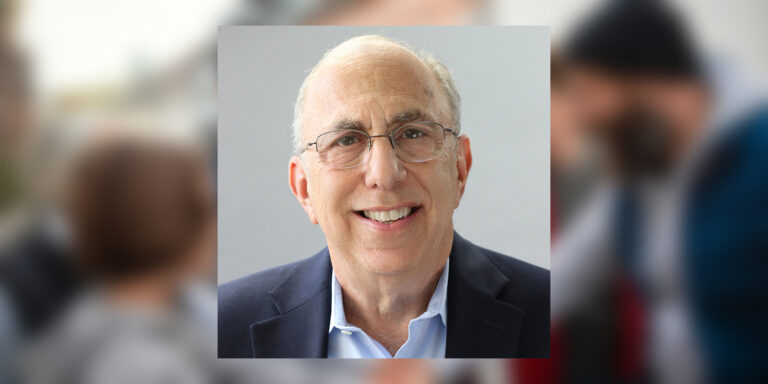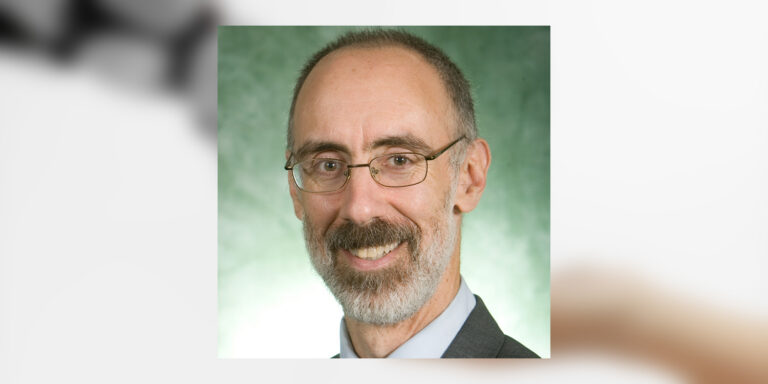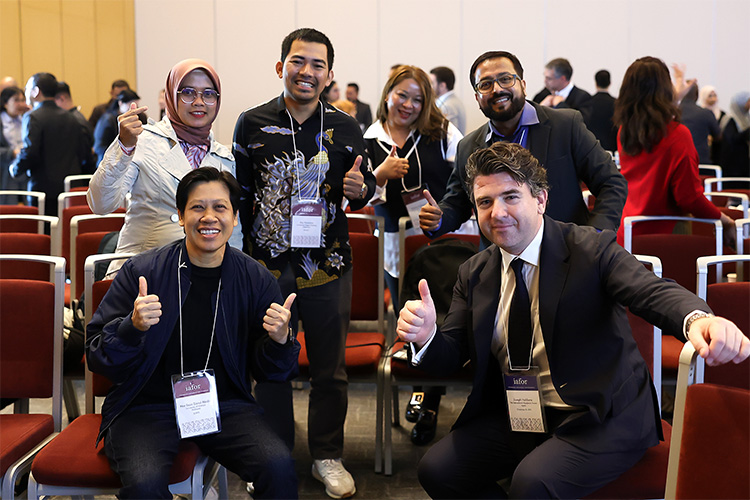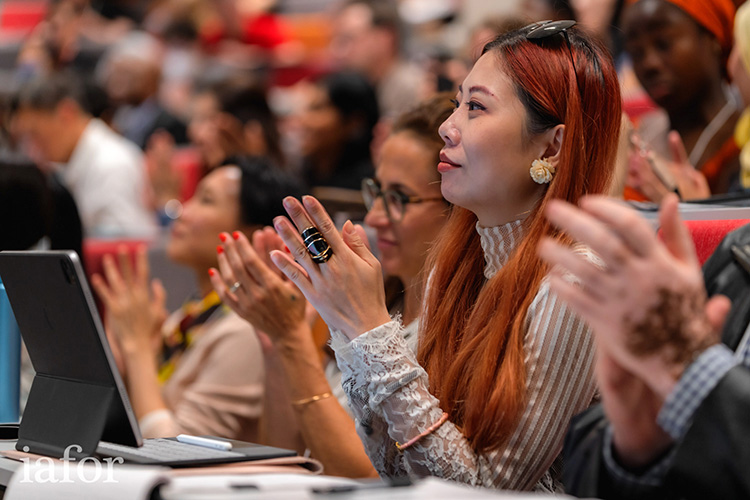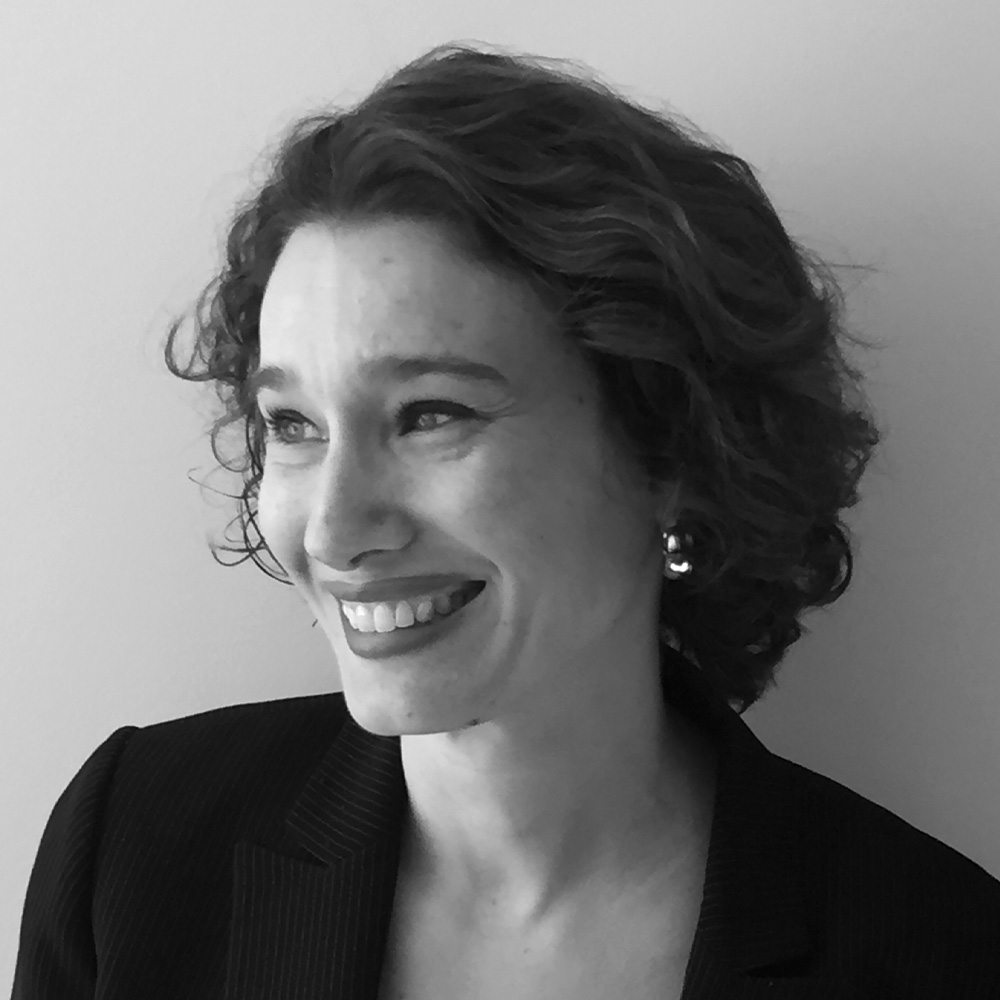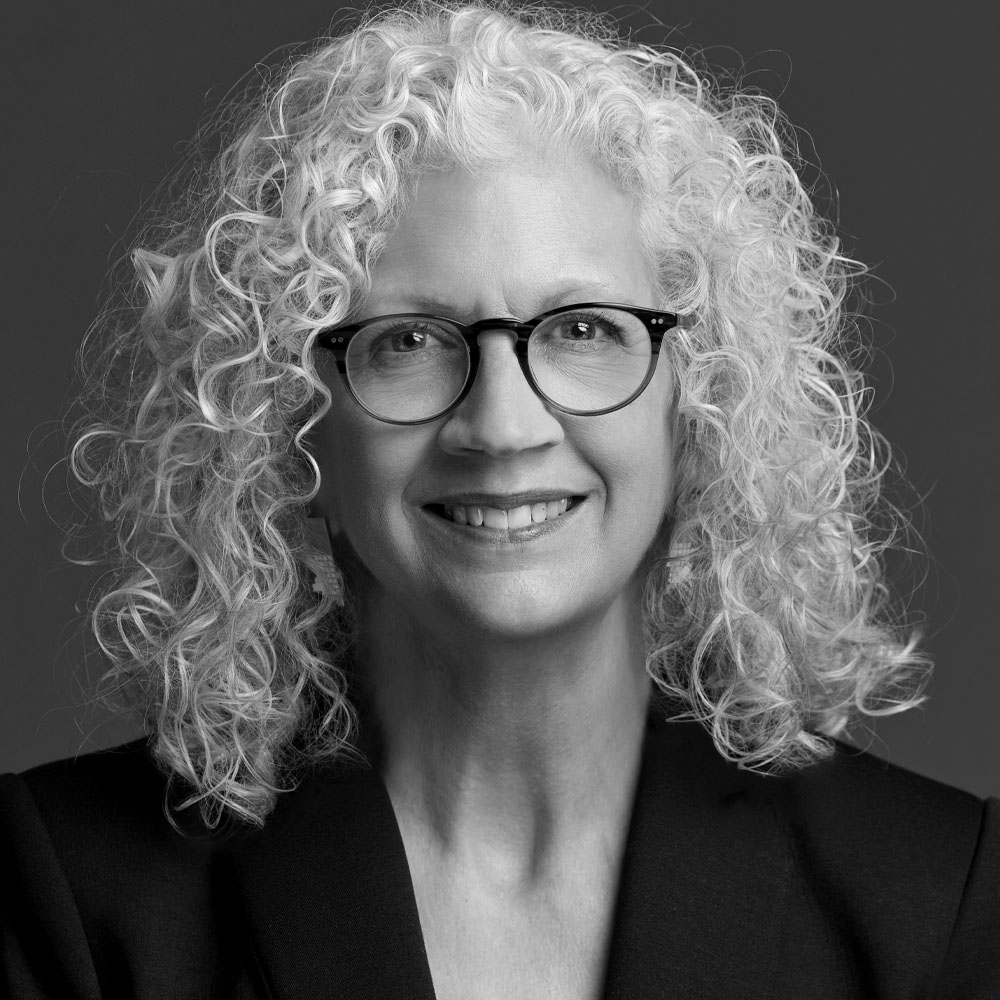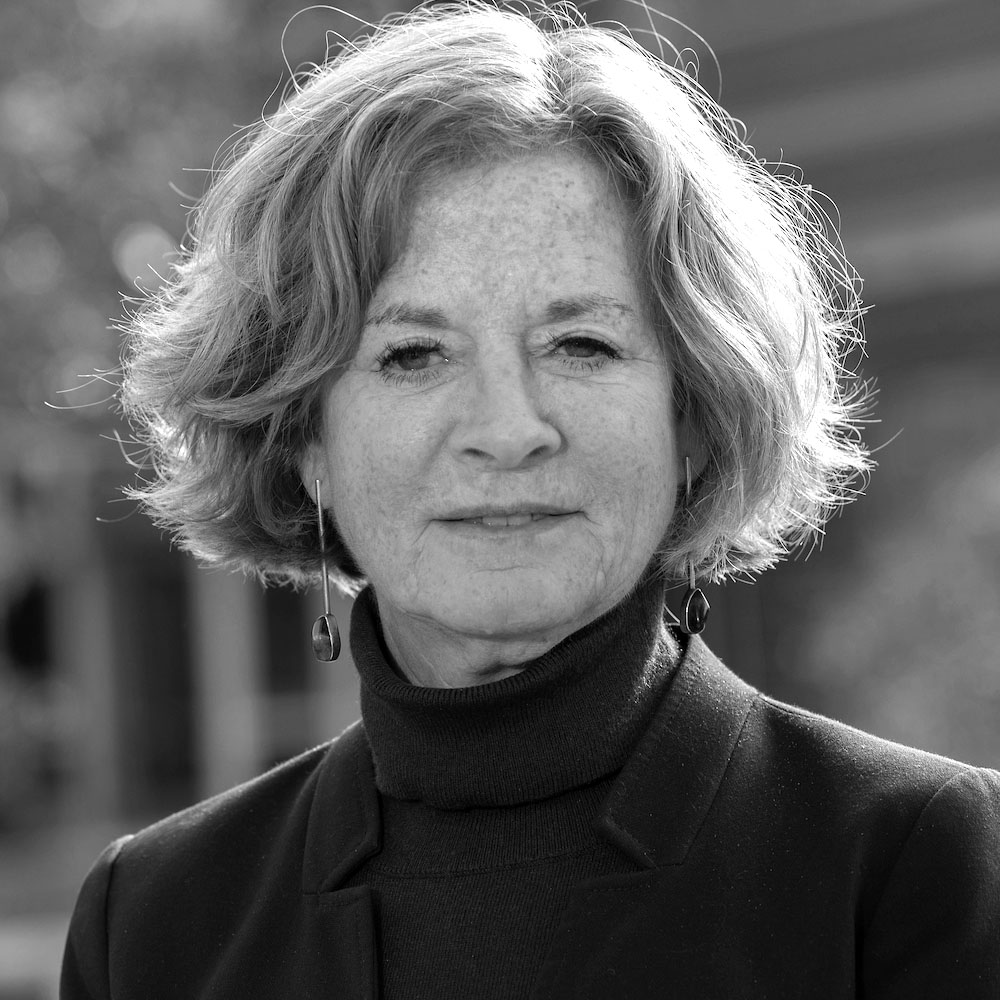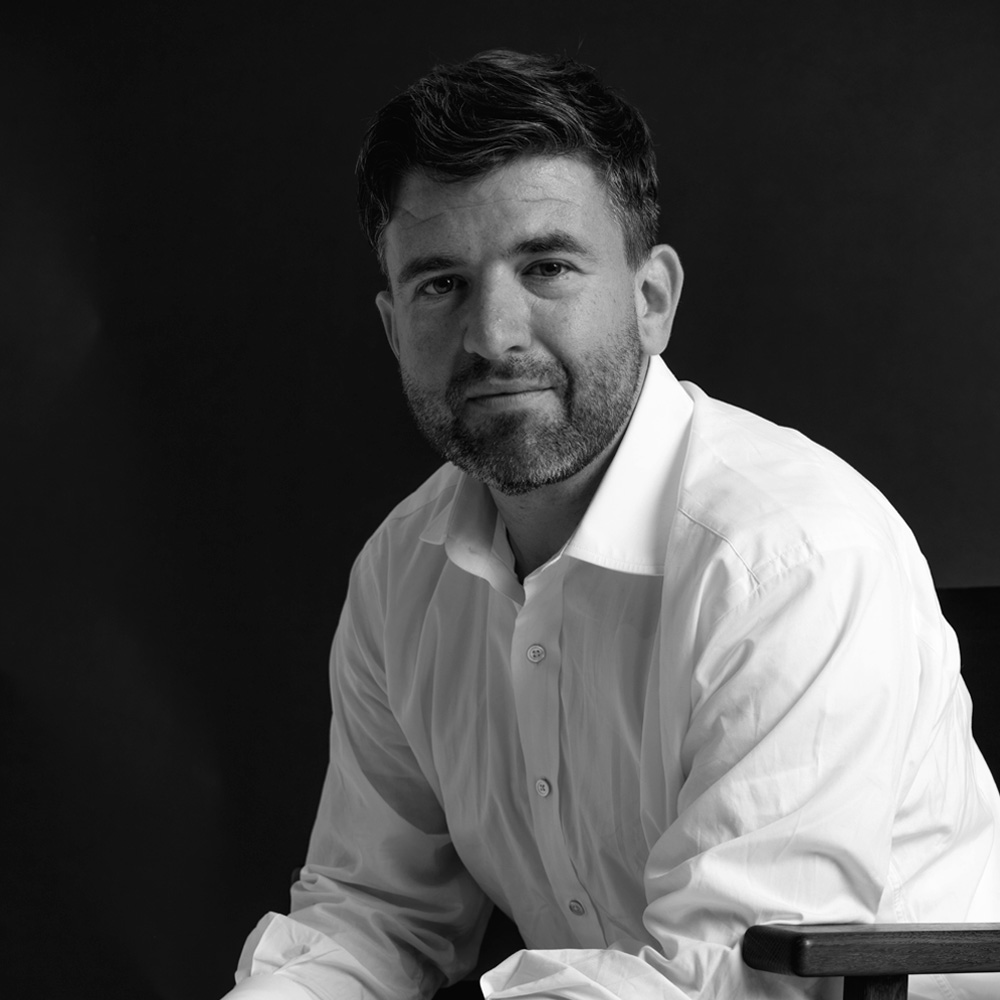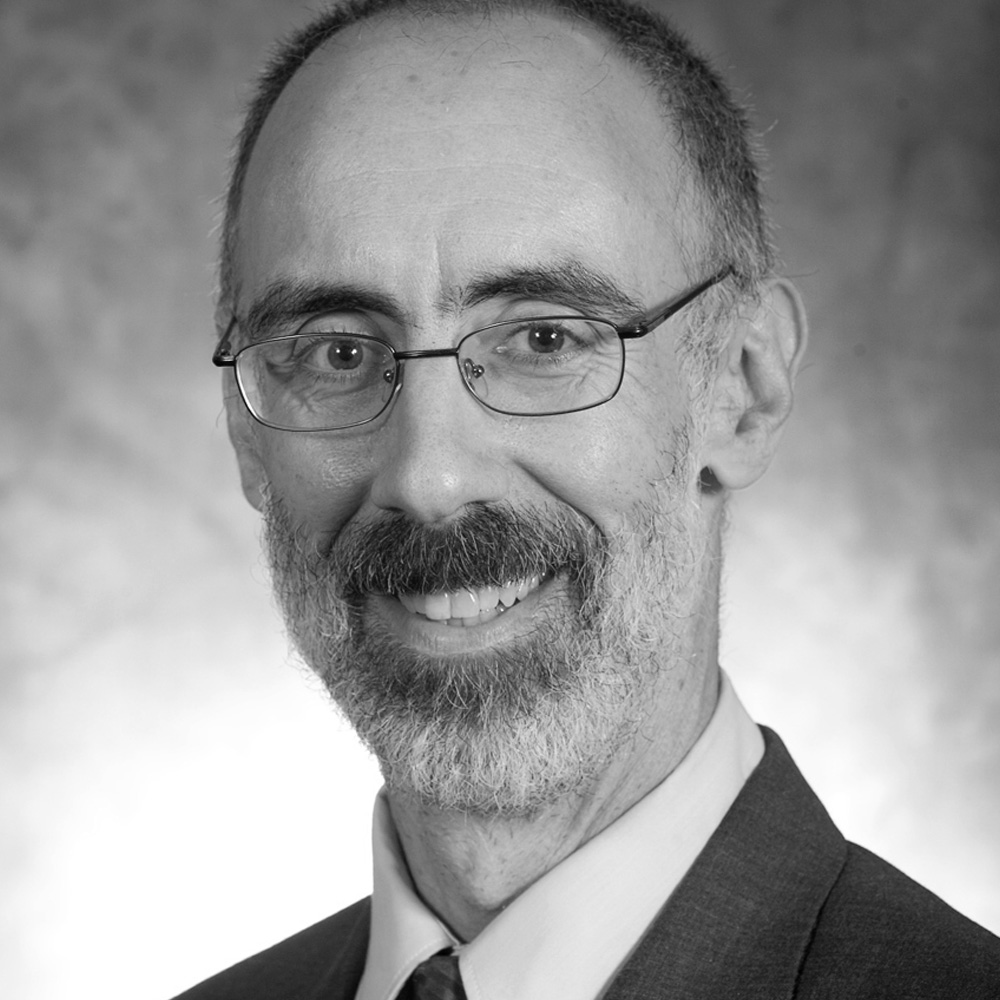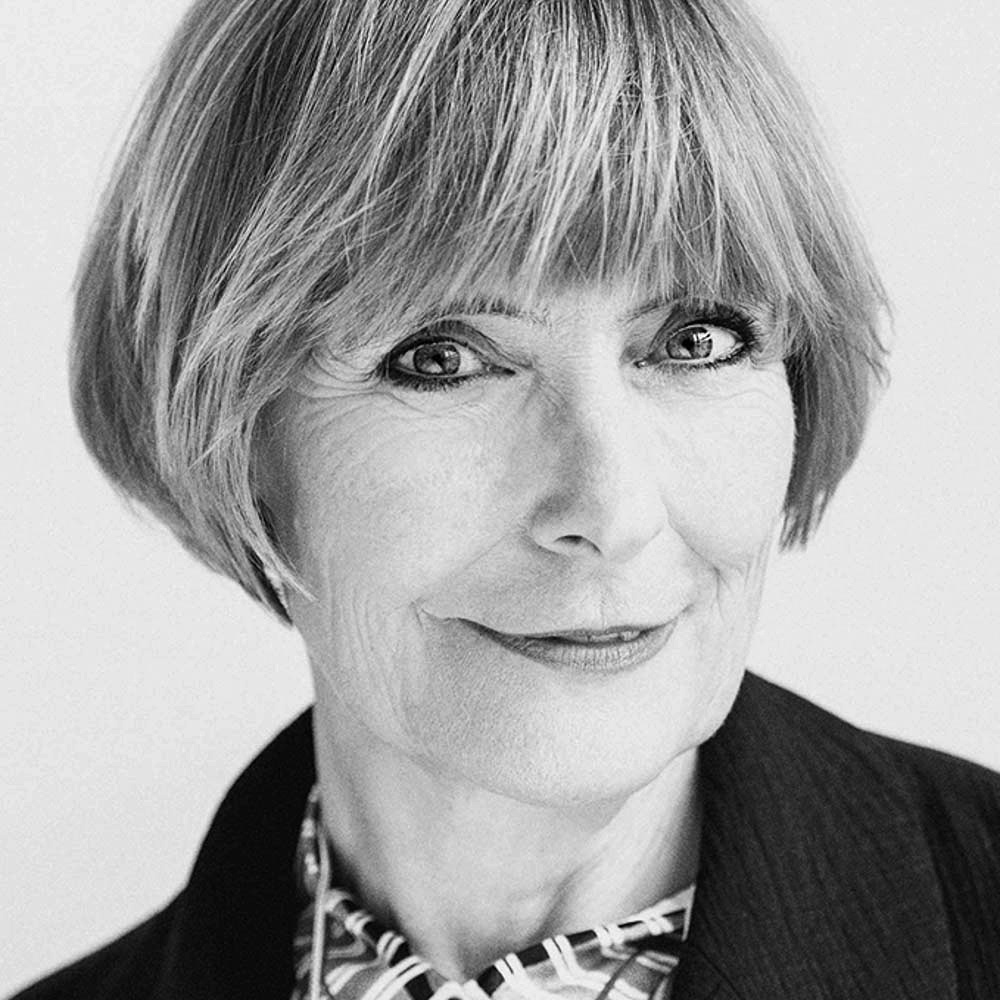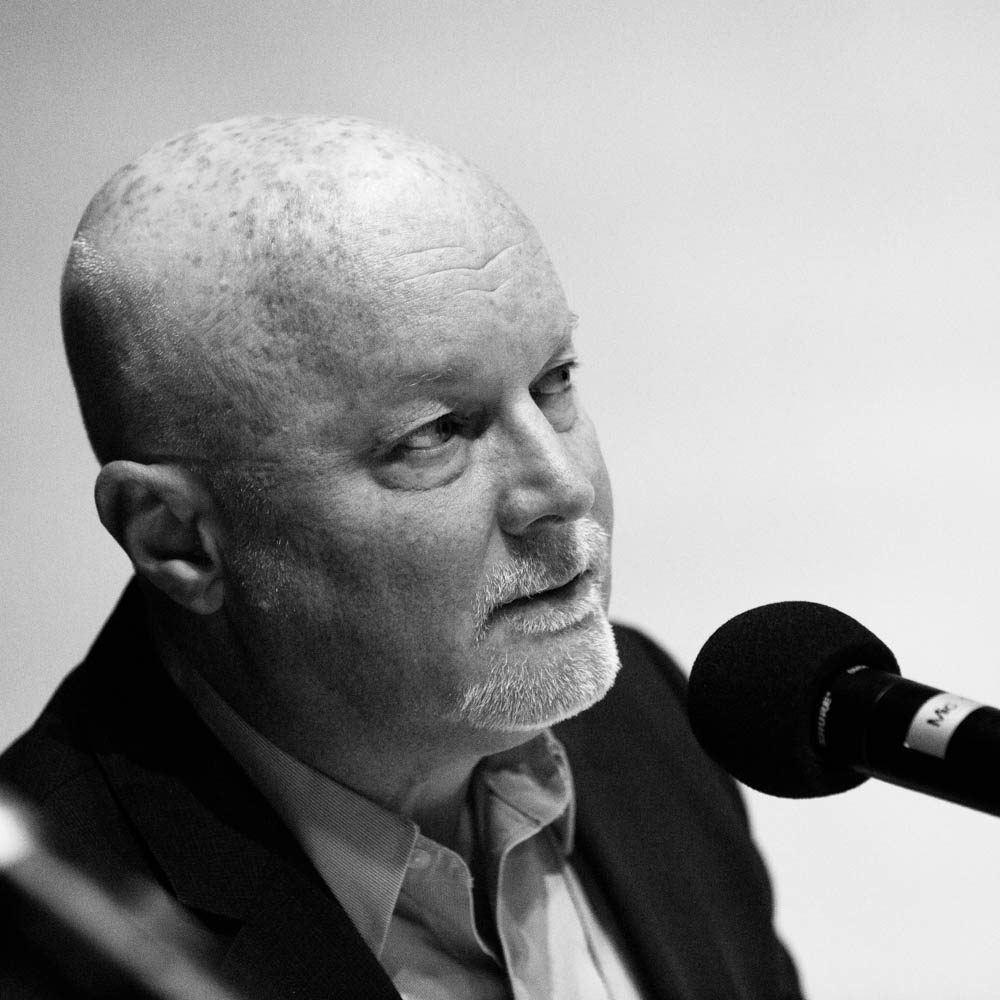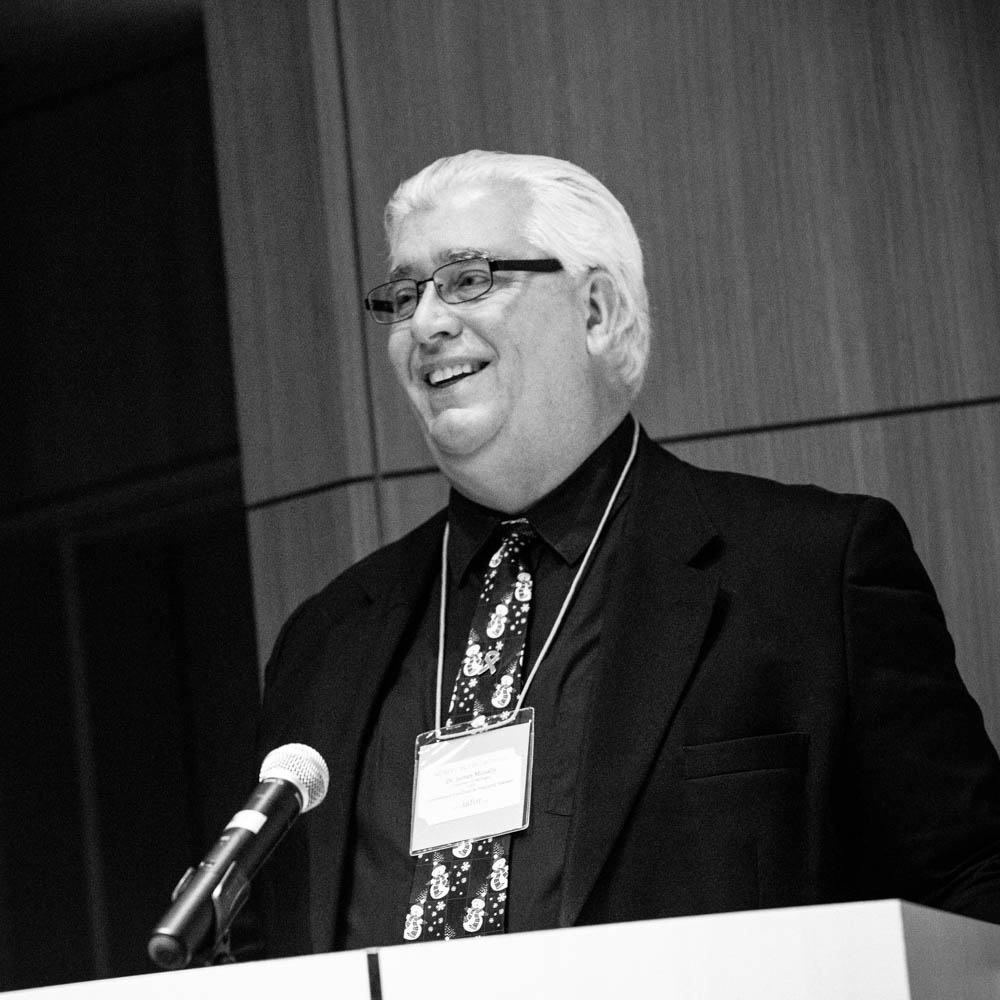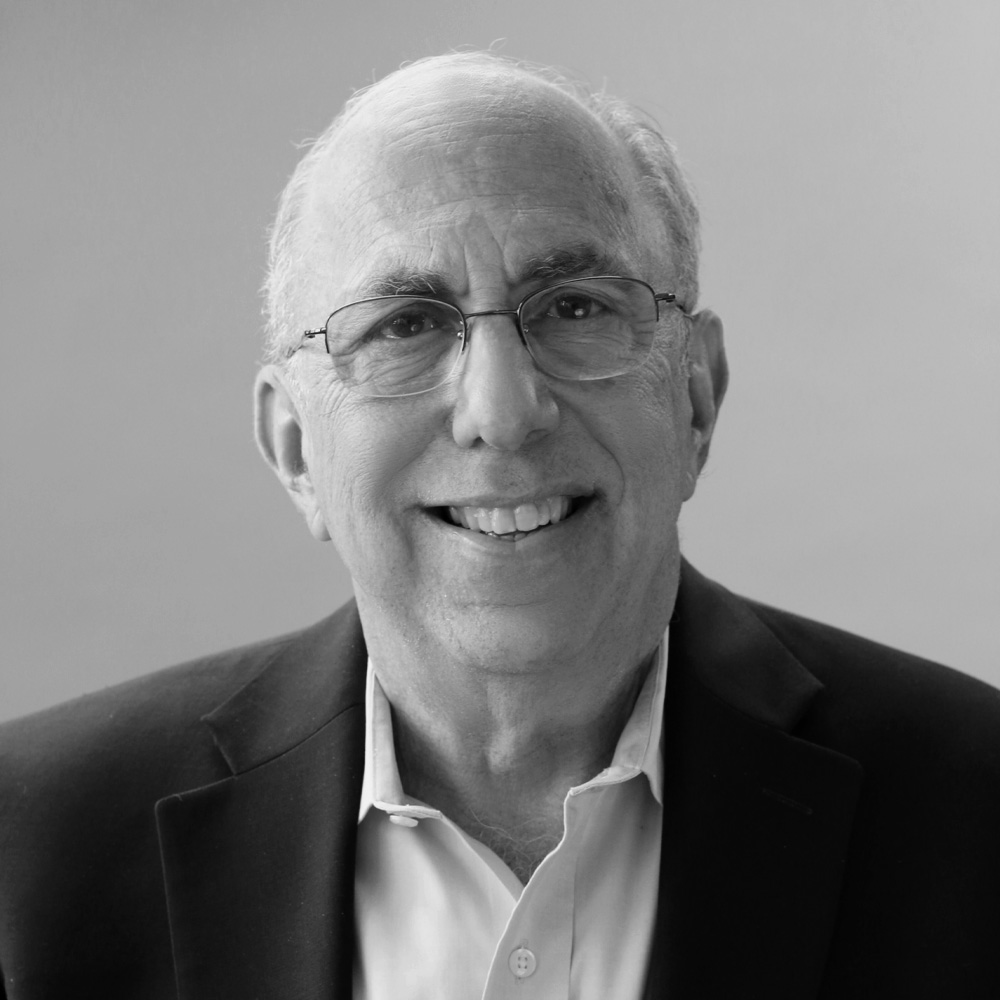The Washington DC Conference on Education (WCE2026)
April 15-20, 2026 | Walter E. Washington Convention Center, Washington DC, United States, & Online
International, Intercultural, Interdisciplinary
The Washington DC Conference on Education (WCE2026) will be held alongside The Washington DC Conference on the Social Sciences (WCSS2026) as a part of the IAFOR American Conference Series, and many of the sessions will concentrate on areas at the intersection of education and the social sciences. In keeping with IAFOR’s commitment to interdisciplinary study, delegates at either conference are encouraged to attend sessions in other disciplines. Registration for either conference will allow delegates to attend sessions in the other. We expect the resultant professional and personal collaborations to endure for many years, and we look forward to seeing you in Washington DC and online!
Welcome to The Washington DC Conference on Education!
The International Academic Forum, in partnership with the IAFOR Research Centre at the Osaka School of International Public Policy (OSIPP) at The University of Osaka, Japan, is very happy to return to Washington, DC and to the United States’ mainland in 2026. This dual conference event will complement those we hold in other cities throughout the world.
IAFOR conferences offer a crucial and critical space for scholarship and creativity, attracting thousands of delegates annually, and from more than a hundred different countries, in events that are celebrations of the international, intercultural, and interdisciplinary. The Washington DC Conference on Education (WCE2026) will be held alongside its sister conference, The Washington DC Conference on the Social Sciences (WCSS2026). Both conferences build upon The IAFOR Conference on Educational Research and Innovation, held with our global partner, Virginia Tech, in 2019, 2022, and 2023.
Washington, DC is an important historical and cultural centre, with world class museums and iconic monuments. It is also a prominent intellectual and academic hub, with great universities and numerous think tanks; not only the nation’s capital, but given the outsized role of the United States in world affairs, DC is central to global dynamics. It is in DC that many discussions are had, ideas are shaped, decisions are made, and policies are crafted, that impact not only the furthest corners of the Union, but that are felt across the world. In these challenging times, it is a fitting physical and intellectual place to host our International Academic Forum.
We have a lot to learn from each other. Join us in DC in 2026!
For and on behalf of the IAFOR International Academic Board and the Conference Programme Committees,
Dr Joseph Haldane, The University of Osaka, Japan & University College London, United Kingdom
Chairman and CEO, IAFOR
Professor Jun Arima, University of Tokyo, Japan
President, IAFOR
Professor Anne Boddington
Executive Vice-President and Provost, IAFOR
- Location & Venue: Walter E. Washington Convention Center & Online
- Dates: Wednesday, April 15, 2026 to Monday, April 20, 2026
- Early Bird Abstract Submission Deadline: November 07, 2025*
- Final Abstract Submission Deadline: January 16, 2026
- Registration Deadline for Presenters: February 20, 2026
*Submit early to take advantage of the discounted registration rates. Learn more about our registration options.
-
Anne BoddingtonIAFOR, Japan
-
Laura BronsteinBinghamton University, United States
-
Cory BowmanUniversity of Pennsylvania, United States
-
Joseph HaldaneIAFOR, Japan
-
Donald E. HallBinghamton University, United States
-
Ira HarkavyUniversity of Pennsylvania, United States
-
Luann KidaBinghamton University, United States
-
James W. McNallyUniversity of Michigan & NACDA Program on Aging, United States
-
Susan Piedmont-PalladinoVirginia Tech, United States
-
James M PitarresiBinghamton University, United States
-
Naorah RimkunasBinghamton University, United States
-
Caroline Donovan WhiteNAFSA: Association of International Educators, United States
Call for Papers
The WCE2026 Conference Programme Committee welcomes papers from a wide variety of interdisciplinary and theoretical perspectives, and submissions are organised into the following streams:
- Teaching & Learning
- Educational Structures
- Community & Society
- Language & Culture
- Psychology, Mind & Brain
- Innovation & Technology
- Special Themes and Areas of Focus
IAFOR's Conference Themes for 2025-2029
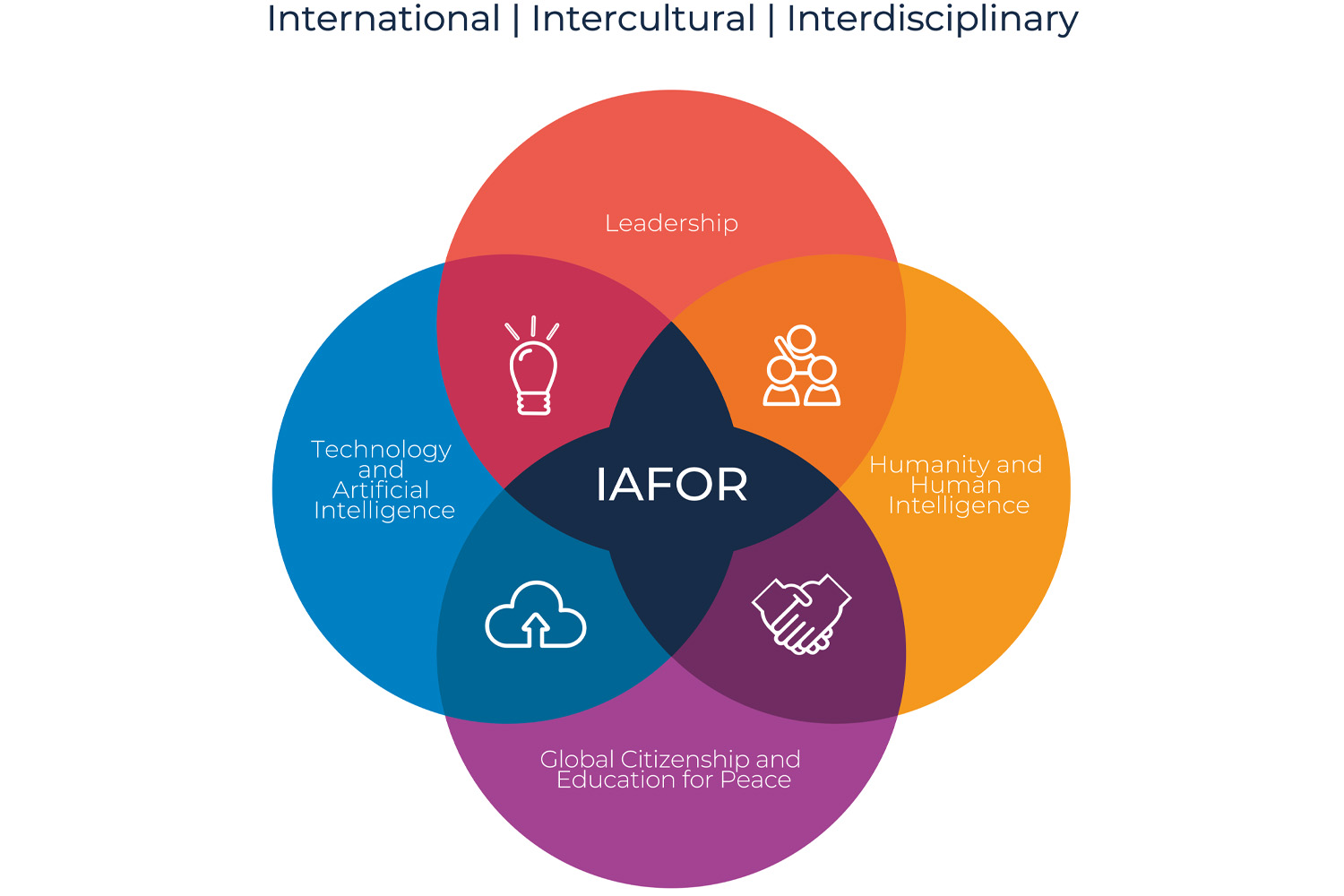
Our four themes can be seen as standalone themes, but they are also very much in conversation with each other. Themes may be seen as corollaries, complementary, or in opposition/juxtaposition with each other. The themes can be considered as widely as possible and are designed, in keeping with our mission, to encourage ideas across the disciplines.
Conference News
About IAFOR’s Education Conferences
IAFOR promotes and facilitates new multifaceted approaches to one of the core issues of our time, namely globalisation and its many forms of growth and expansion. Awareness of how it cuts across the world of education, and its subsequent impact on societies, institutions and individuals, is a driving force in educational policies and practices across the globe. IAFOR’s conferences on education have these issues at their core. The conferences present those taking part with three unique dimensions of experience, encouraging interdisciplinary discussion, facilitating heightened intercultural awareness and they promoting international exchange. In short, IAFOR’s conferences on education are about change, transformation and social justice. As IAFOR’s previous conferences on education have shown, education has the power to transform and change whilst it is also continuously transformed and changed.
Globalised education systems are becoming increasingly socially, ethnically and culturally diverse. However, education is often defined through discourses embedded in Western paradigms as globalised education systems become increasingly determined by dominant knowledge economies. Policies, practices and ideologies of education help define and determine ways in which social justice is perceived and acted out. What counts as "education" and as "knowledge" can appear uncontestable but is in fact both contestable and partial. Discourses of learning and teaching regulate and normalise gendered and classed, racialised and ethnicised understandings of what learning is and who counts as a learner.
In many educational settings and contexts throughout the world, there remains an assumption that teachers are the possessors of knowledge which is to be imparted to students, and that this happens in neutral, impartial and objective ways. However, learning is about making meaning, and learners can experience the same teaching in very different ways. Students (as well as teachers) are part of complex social, cultural, political, ideological and personal circumstances, and current experiences of learning will depend in part on previous ones, as well as on age, gender, social class, culture, ethnicity, varying abilities and more.
IAFOR has several annual conferences on education across the world, exploring common themes in different ways to develop a shared research agenda which develops interdisciplinary discussion, heightens intercultural awareness and promotes international exchange.
About IAFOR
Founded in 2009, The International Academic Forum (IAFOR) is a mission-driven politically independent non-partisan and non-profit organisation dedicated to encouraging interdisciplinary discussion, facilitating intercultural awareness and promoting international exchange, principally through educational interaction and academic research. Based in Japan, its main administrative office is in Nagoya, and its research centre is in the Osaka School of International Public Policy (OSIPP), a graduate school of The University of Osaka.

